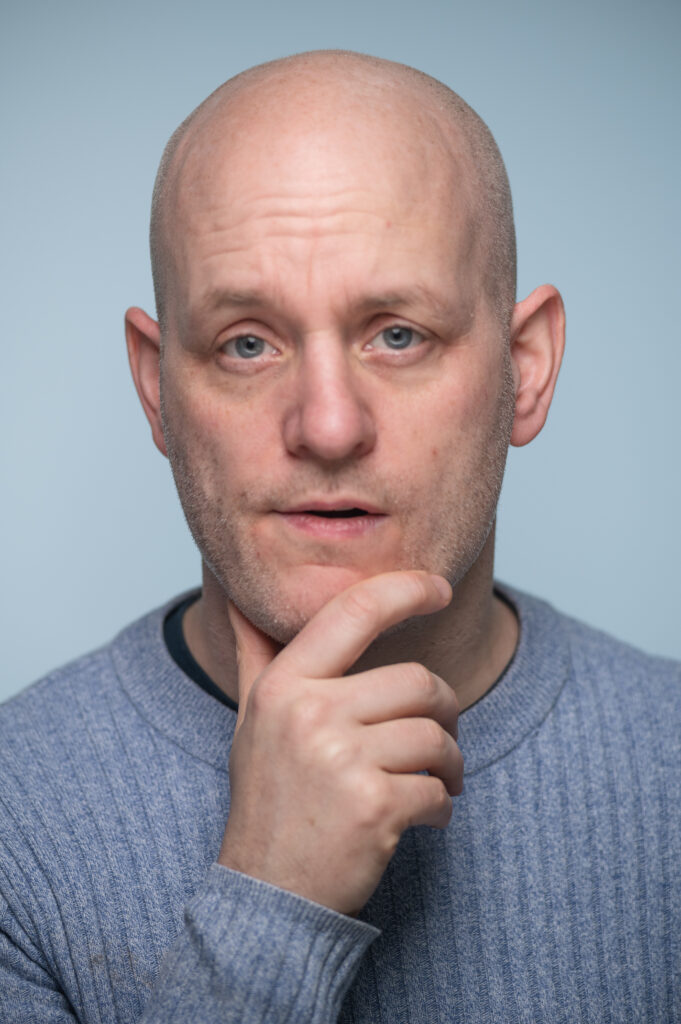by David J. Keogh (Screenwriter)

It is well documented that Mark Zuckerberg hated the depiction of himself in “The Social Network”. Likewise Julian Assange hated “The Fifth Estate” – there are many others who have hated the depictions of themselves or the way the story has veered from the actual events.
So I am in a quandary. I have recently been asked to write a biography of a lesser known but incredible woman who achieved some pretty amazing things in the seventies, before she died in the early nineties (it’s a secret ‘who’ at the moment but I will share when I can).
Good on me, you may say – well yes, I guess so – it’s great to be asked to write something like this. My only other experience of writing a biography was for a TV pilot based on a series of books – but in that case I was told to disregard the truth (up to point) as the series was only loosely based on those books. I was unable to meet the protagonist before writing (who is still alive and I have got to know since), so there was no pressure to get anything right. But I still felt a duty to get it as right as I could.
Something about this way of writing always bugged me. This is somebody’s life. What right do I have to misrepresent what actually happened? Where is it justified to bend the truth to fit a narrative?
At first I struggled with the TV Pilot, but as my producer worked with me on the script, I became less worried about the truth and more worried about the story. An important lesson in television writing – to a point. I tried as best as I could to find the truthfulness behind the events and the characters and represent them as best I was able under the circumstances, by digging into the books in great detail and planning the entire series and character arcs. Where I had to make things up for TV land, I was at peace with that but only after the real life protagonist read the script and liked it.
But back to my new project – a feature film. The story is incredible. So where did I start?
Well, the events of her life are in living memory – people who worked with her (she worked in a team sport) are mostly still alive and are part of a tight community – they all know each other and well. So it isn’t an option to blag this – it has to be right – especially as another film was recently made about the same sport and was a disaster – factually wrong, poorly acted – it really riled this tight community.
So firstly, I reached out on a public forum to people who knew her or worked with her and despite initial hostility (because of the other film disaster), I started to contact people who were willing to talk. I have interviewed dozens of people from the time, many of which are characters in my story.
I feel an obligation the leave them a strong legacy should this film eventually get made – in fact, I have a duty to give them that strong legacy.
But here’s the rub: I wasn’t there. Few people who were, were not present in every private conversation she had. Nobody really knew her that well – she was a very private person. Even those who were close to her admit that she kept her cards very close to her chest. Also, memories of events and characters differ because they are all from other people’s context and perspective.
How can I possibly represent fairly when I have to make leaps of judgement and fill in the gaps, risking pissing off the very people I want to leave a legacy for?
But when I asked people what they hated about that other film, it wasn’t necessarily the depiction of the characters they hated, but the factual inaccuracies in a sport they all deeply cared about. They were keen the characters were a fair reflection but understood that actors are actors and not the actual person – they could even handle some of the events being in the wrong order due to narrative choices.
I think it is all about being truthful – not to all the facts and order of events, but to the intentions of the characters within the story and the truth that sits behind the story I am trying to tell. Whoever ends up acting as these characters, will bring their own spin but I must arm them with as much truth as I can. Detailed character bios, links to videos etc…
And what if I get things so wrong that people sue the film company? Well, as long as I don’t slander anyone, this should fine – a lot of the events are in public record and have come from people who knew her or were there. Besides, I have no intention of rubbishing anyone – the film is not intended to criticize anyone.
So what if people do pick holes in some of the depicted events and conversations; in some of the characters?

These thoughts could easily cripple me and stop me from writing, but actually, as long as I focus on the key aspects of the story and the character and interpret events as truthfully as I may, then you know what? What’s the worst that can happen?
I’m deep into the screenplay now – I think the story is fantastic – where I have been liberal or flexible with that truth, I have to come to an inner peace with that. But I will use a number of the people who helped me, who were there, as guides. That way I can represent as fairly as I am able.
Screenwriting is filled with tough choices and uncomfortable compromises, but my job is to tell a story. Only time will tell if that story is successful – and only time will tell if people who knew her feel the same.
Either way, I better get back to writing it as deadlines loom!


